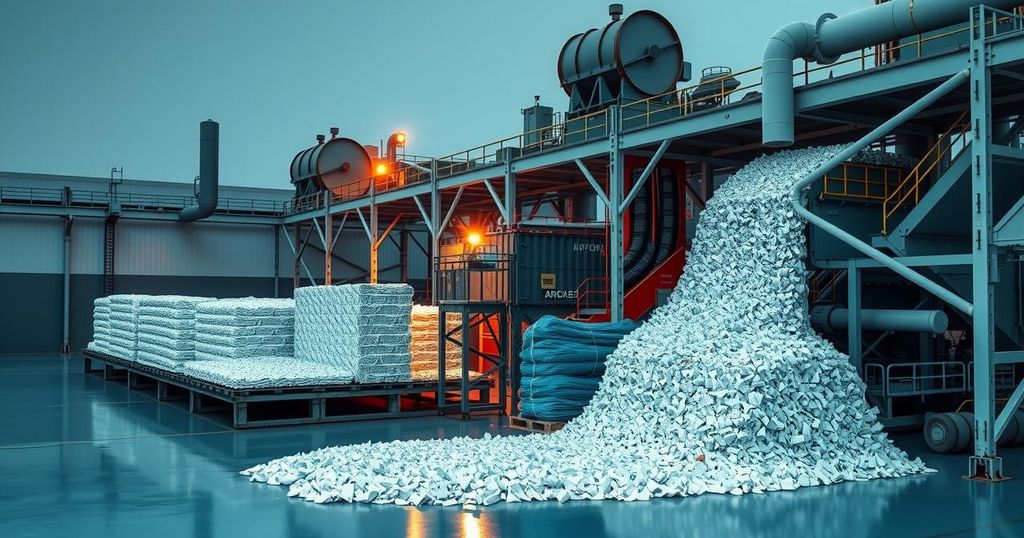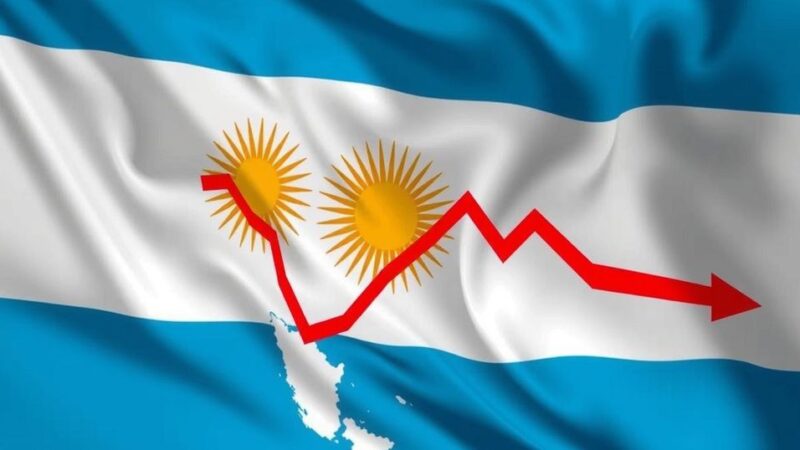Brazil’s paper and pulp industry anticipates that the EUDR, effective late 2025, will not disrupt operations as they have long established traceability in their supply chains. Compliance may demand significant investments in blockchain technologies, raising production costs significantly. While industry leaders see this as an opportunity for enhanced transparency, environmental experts assert urgent action is needed to combat ongoing deforestation.
The paper and pulp industry in Brazil asserts that the upcoming European Union Deforestation-Free Products Regulation (EUDR), set to begin in late 2025, will not disrupt its operations. The industry has effectively traced its supply chains for over twenty years and ensures it does not source wood from illegally deforested areas. To comply with specific EUDR requirements, however, companies must invest in blockchain and related technologies, potentially increasing production costs by $40 to $230 per ton of pulp according to the Brazilian Tree Industry (Ibá).
The EUDR, which has been postponed multiple times, demands that suppliers demonstrate their products are not sourced from illegally deforested regions. Experts believe its implementation could significantly aid efforts to combat illegal deforestation in the Amazon. Brazil currently exports approximately 4.4 million tons of pulp to the EU annually, contributing significantly to the tissue paper market.
The industry is optimistic about achieving greater transparency and compliance through blockchain investments, which would enhance traceability of wood from farm to final product. Despite traceability being a long-standing practice, companies aim to improve their capacity for compliance with EUDR through new technologies.
Suzano Papel e Celulose, a leading global pulp producer, emphasizes that it has long adhered to stringent forest management practices. The company has developed comprehensive tracing systems that are pivotal in complying with the EUDR’s tracing requirements. Suzano is also enhancing its internal processes and creating an in-house blockchain solution to automate compliance evidence submission.
The EUDR’s postponement has drawn varied responses from the industry and environmental experts. While Ibá views it as a necessary step to refine the regulation, experts argue that immediate action is imperative to address ongoing deforestation. Concerns remain regarding interpretations of compliance, potential misclassifications of land use, and inadequate risk analysis of country conditions.
The European Union’s Deforestation-Free Products Regulation (EUDR) is aimed at preventing products sourced from illegally deforested regions from entering the EU market. Due to allegations of exports linked to illegal deforestation, this regulation is seen as crucial in combating the significant deforestation taking place, particularly in the Amazon. Brazil’s paper and pulp sector is actively working towards EUDR compliance through enhanced tracing and blockchain technology, although challenges remain in the interpretation of regulations and the implications of costs associated with compliance.
In conclusion, while the Brazilian paper and pulp industry maintains that the EUDR will not adversely impact its operations due to existing supply chain transparency, the necessitated investments in technology pose financial challenges. The industry’s commitment to blockchain for compliance signals a proactive move towards transparency. However, the delayed implementation of the EUDR highlights the complexity of enforcing such regulations and the need for coherence in understanding risk assessments among exporting countries.
Original Source: news.mongabay.com







